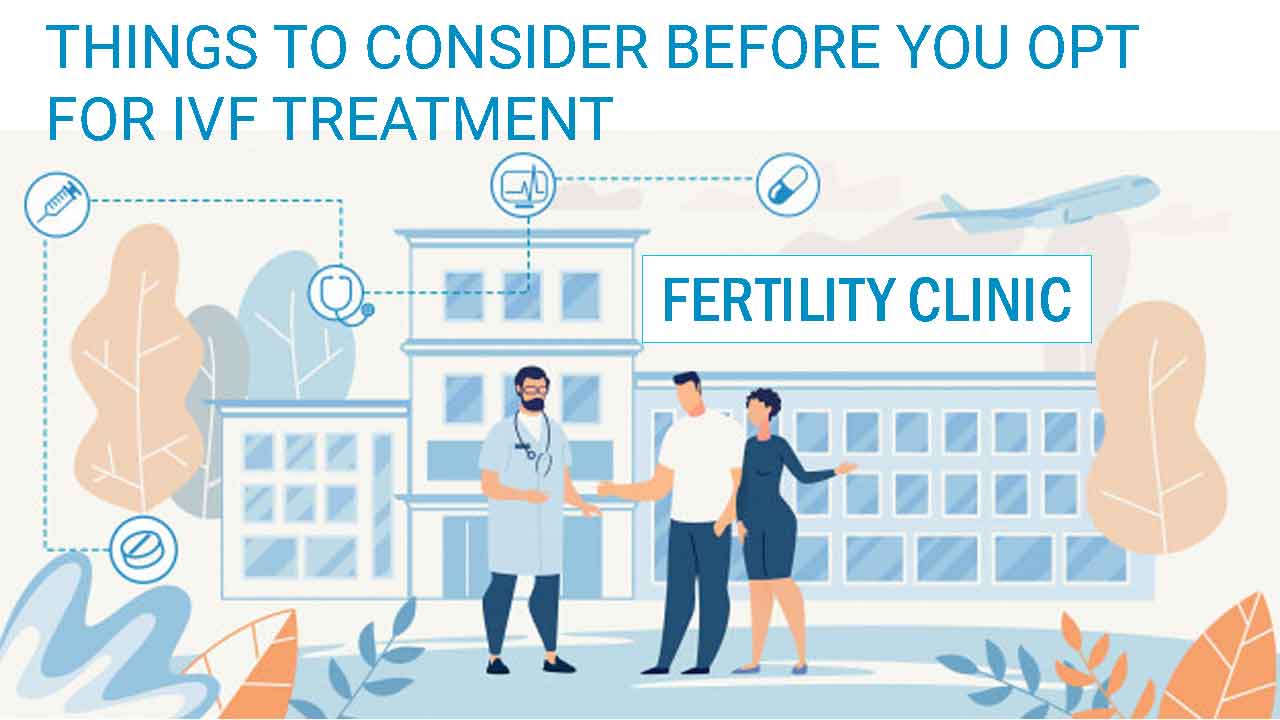All Categories
Featured
Table of Contents
What Is The Best Ivf Centers New Mexico?
Many individuals need fertility support. This includes males and females with infertility, many LGBTQ individuals, and single people who desire to raise kids. An estimated 10% of ladies report that they or their partners have actually ever gotten medical aid to conceive. Regardless of a need for fertility services, fertility care in the U.S.

Generally, fertility services are not covered by public or personal insurance providers. Fifteen states require some personal insurers to cover some fertility treatment, however substantial spaces in protection remain. Just one state Medicaid program covers any fertility treatment, and no Medicaid program covers artificial insemination or in-vitro fertilization.

This means that in the lack of insurance coverage, fertility care runs out reach for lots of individuals. Fewer Black and Hispanic women report ever having actually used medical services to end up being pregnant than White females. This is a result of lots of factors, consisting of lower earnings usually among Black and Hispanic ladies as well as barriers and misunderstandings that might discourage women from seeking help with fertility.
Which Is The Best Ivf Clinics Near Me Albuquerque Nm Company?
Transgender individuals undergoing gender-affirming care might likewise not meet requirements for "iatrogenic infertility" that would qualify them for covered fertility conservation. Many individuals require fertility assistance to have children. This might either be due to a diagnosis of infertility, or because they are in a same-sex relationship or single and desire kids.

Fertility treatments are pricey and frequently are not covered by insurance. While some personal insurance coverage strategies cover diagnostic services, there is very little coverage for treatment services such as IUI and IVF, which are more costly. Many people who utilize fertility services need to pay of pocket, with expenses often reaching countless dollars.
About 25% of the time, infertility is brought on by more than one factor, and in about 10% of cases infertility is unexplained. Infertility quotes, however do not account for LGBTQ or single individuals who may also need fertility help for household building. Therefore, there are different factors that may trigger individuals to seek fertility care. trash dumpster rental.
How Do I Find A Fertility Center Albuquerque Nm Service?
Client Information Series. 2017 Our analysis of the 2015-2017 National Survey of Household Development (NSFG) finds that 10% of women ages 18-49 say they or their partner have actually ever talked with a physician about methods to assist them conceive (information not shown).3 Among women ages 18-49, the most typically reported service is fertility suggestions ().
Numerous patients do not have access to fertility services, largely due to its high expense and minimal coverage by personal insurance and Medicaid. As an outcome, many individuals who use fertility services should pay out of pocket, even if they are otherwise guaranteed. Out of pocket expenses vary widely depending upon the client, state of residence, company and insurance strategy (dumpster rental cost).
Figure 3: Fertility Treatments Typically Cost Clients Countless Dollars Insurance protection of fertility services varies by the state in which the person lives and, for individuals with employer-sponsored insurance, the size of their company. Many fertility treatments are not thought about "medically required" by insurance coverage business, so they are not generally covered by private insurance strategies or Medicaid programs.
What Is The Best Fertility Clinic Ivf Albuquerque Nm App?
g., testing) are most likely to be covered than others (e. g., IVF). A handful of states need coverage of fertility services for some fully-insured personal plans, which are controlled by the state. These requirements, nevertheless, do not apply to health insurance that are administered and moneyed directly by employers (self-funded plans) which cover six in 10 (61%) employees with employer-sponsored health insurance coverage.
2 states (CA and TX7) need group health prepares to offer at least one policy with infertility protection (a "mandate to offer"), however companies are not needed to select these plans. Figure 4: Many States Do Not Require Private Insurance Companies to Offer Infertility Benefits Nevertheless, in states with "required to cover" laws, these just use to specific insurers, for specific treatment services and for particular patients, and in some states have financial caps on costs they need to cover ().
In other states, practically all insurers and HMOs are consisted of in the required (Dumpster Rental Plymouth MA). Many states provide exemptions for little employers (
Latest Posts
What Is The Best The Fertility Group New Mexico App?
How Much Does It Cost To Have A Ivf Centers Albuquerque Nm?
What Is The Best The Fertility Group New Mexico